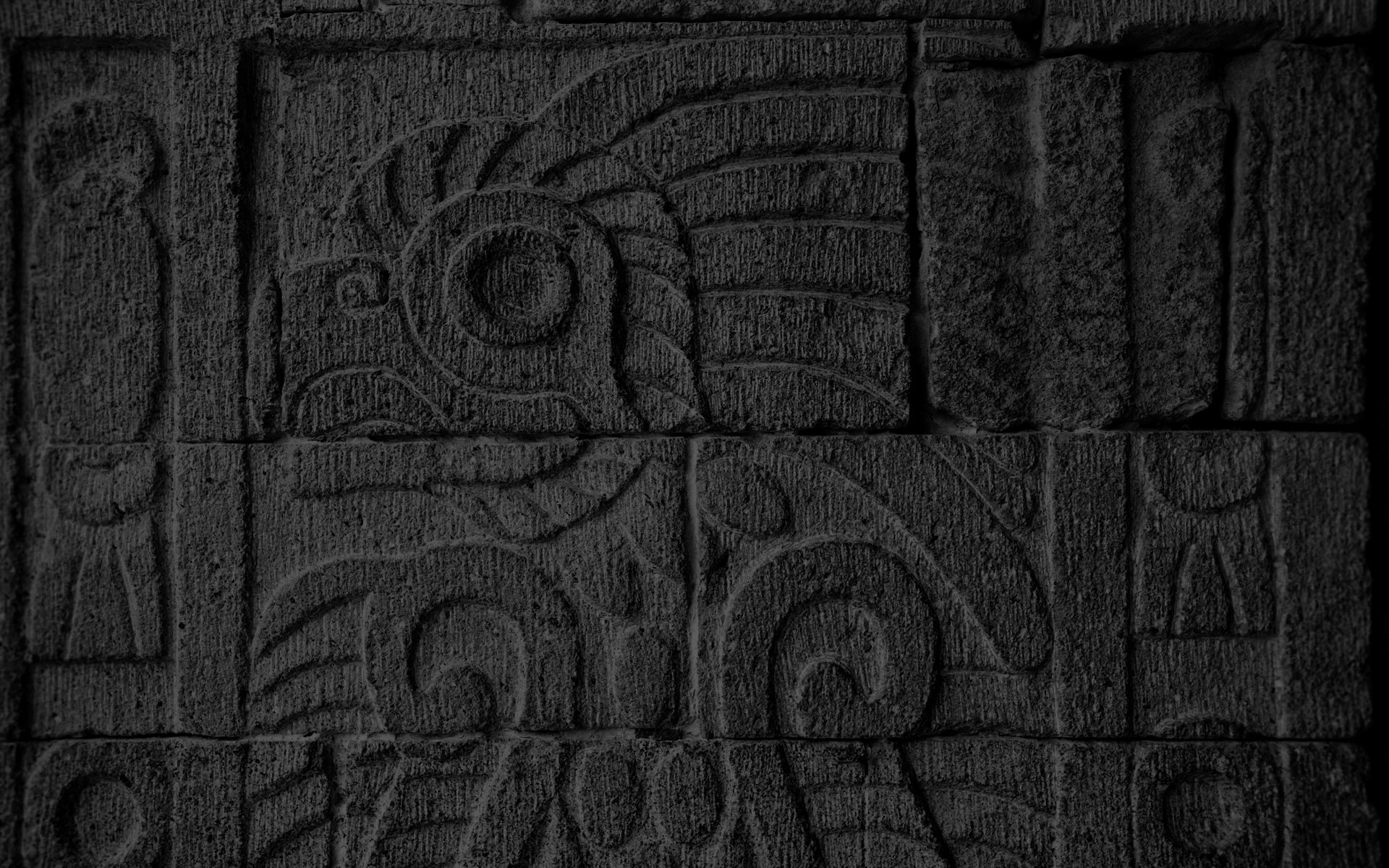Back to Wikipedia. Honestly, call me crazy, but I reckon the primary article [1] makes fascinating reading. The proposals for a genderless personal pronoun ranges from E (1890) to zhe (2000). Of these, Spivak’s (1983) e / em / eir instead of they / them / their doesn’t sound too bad, really, does it?
Personally, I think the ancient Koine (biblical) Greek got it right-er than English. Gendered plurals are awesome. Nevertheless, the issue at hand is sex-less states of intelligent being, not gender-political correctness. So, with that in mind, how do we treat that in an elegant literary sense, and with minimal disruption?
Laugh if you will; I’m laughing with you. But I’m proposing a modification to Spivak’s (1983) attempt. Instead of they / them / their as singular genderless pronouns, how about dey / dem / deir ? I think my near-homophonic approach using dey / dem / deir better leverages custom — impacting spelling, but speech hardly at all. Ergo, the way, we speak won’t noticeably change, but the way we spell the singular they will certainly make the meaning clearer. After all, clarity of meaning is what this entire argument has been about.
In my book Enok and the Womb of Gods, I have a race of genderless ethereals, the Saraf, and this has been the my challenge: how do I refer to them without using it / she /he ? You see my dilemma. Now, perhaps you have your own alternative to my solution?
But this is all prime nonsense, isn’t it? Honestly, what were you expecting? This is blogdust, after all.
